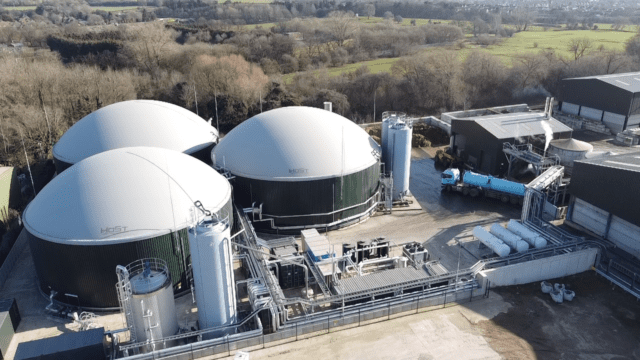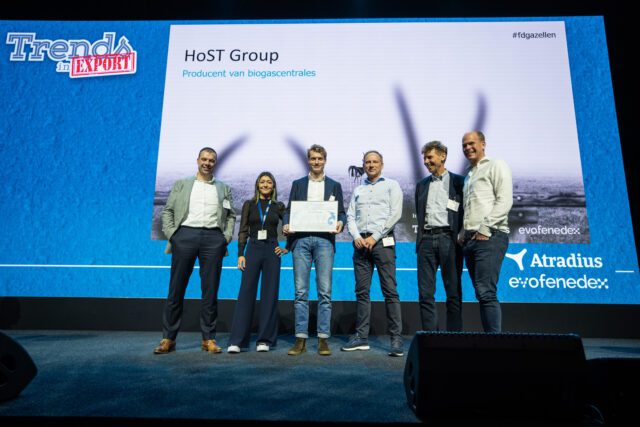News & Events
Featured news

16 Apr 2024
HoSt Group Secures Biogas Plant Contract in Lithuania
HoSt Group is proud to announce its contract win for a biogas plant project including biogas upgrading technology in Lithuania. This project marks the company’s first biogas facility in the country, adding to its global portfolio of hundreds of biogas and other renewable energy projects, including in the Baltic States.

12 Apr 2024
HoSt Group Runner-up Twice in ‘FD Gazellen Internationaal’ Awards
HoSt Group is honored that we were again nominated as a finalist (top 3) for the FD Gazellen International Award, recognizing our international achievements, growth, and entrepreneurial spirit. The FD Gazellen International has been organized twice and HoSt has reached the top 3 for the second time in a row. The ultimate winner was CEAD […]